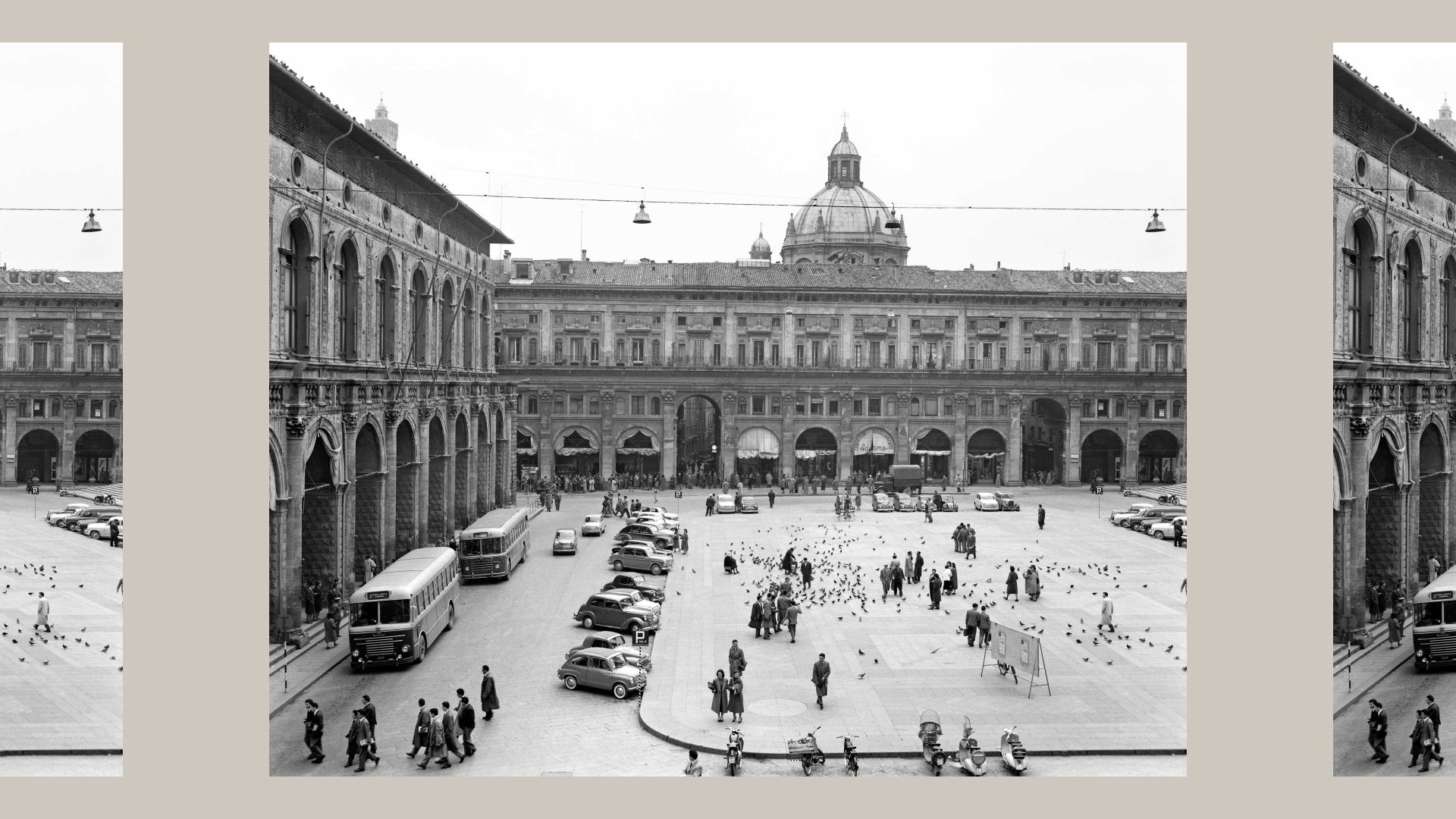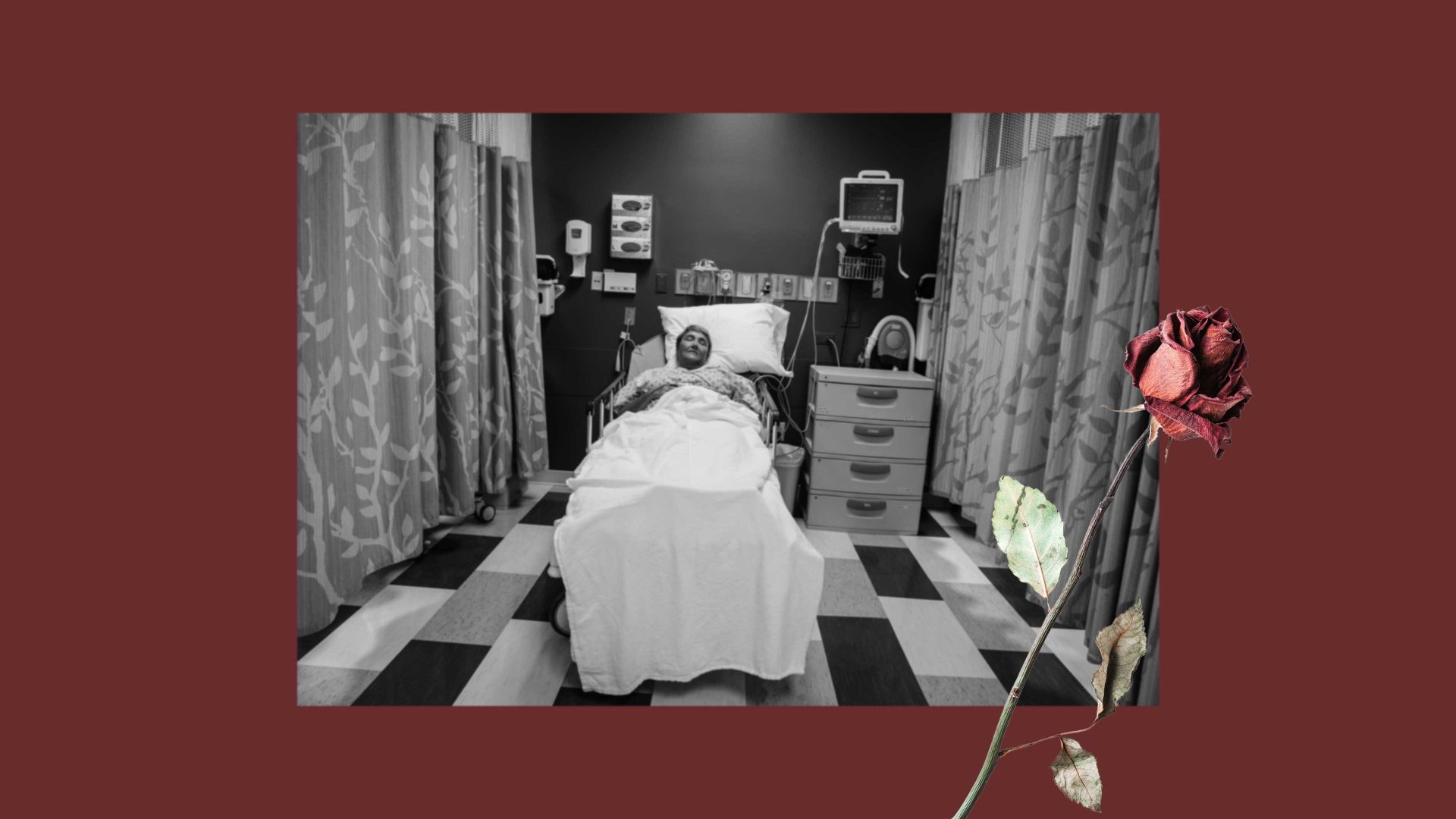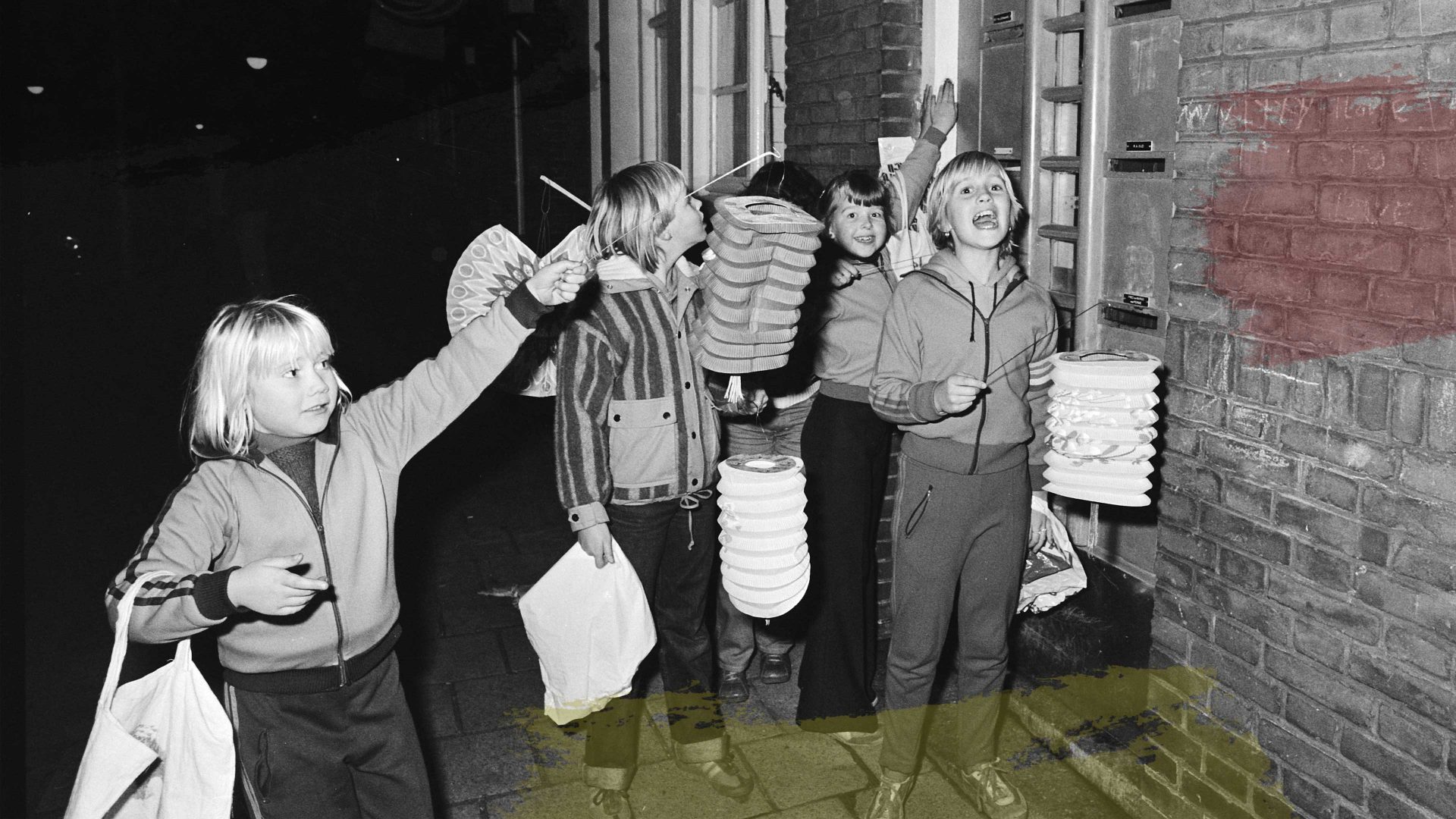Bologna is a city known for two things: food and politics. After a week spent there earlier this month, I was in no doubt why that was. Great food and drink, including the famous and ubiquitous ragù and an excellent range of biological and natural wines, meant returning home feeling that there was no need to eat or drink for a fortnight.
Equally powerful was the overwhelming feeling that the city deserved its well-known nickname – “Red Bologna”. Even in last year’s Italian general election that swept Giorgia Meloni to power, along with her populist right wing party the Brothers of Italy, candidates on the left won across the city.
The politics and passionate debate are visible everywhere. There are the walls – scarcely one without graffiti, or a poster. Then there’s the leafleting – on Sunday, two rival evangelical churches were handing out their fliers near the Central Station, while JW.ORG (the rebranded Jehovah’s Witnesses) were in the nearby Parco della Montagnola. Charities were out on the streets. On consecutive days at the weekend, Piazza Maggiore – the main square – had a collection for local food banks and a Disability Pride demonstration, which included disabled dancers showing off their moves in wheelchairs, to warm applause.
Appropriately for such a foodie destination, food was a constant theme. On one side of Giambologna’s famous statue of Neptune, near the main square, two members of Extinction Rebellion were on hunger strike. They were demanding more urgent climate action. They wanted 2030 rather than 2050 to be the target date for achieving net zero in the local region of Emilia Romagna.
The supporting crowd were mainly young, but the older generation were passionate, too. “I’m hungry for change,” Francesco said to me, “hungry for a better future for all these young people.”
The most striking demo was the most counterintuitive – vegans demonstrating against the meat and dairy industries. Just a hundred feet from the XR hunger strikers was a young woman wearing one of the Guy Fawkes masks made famous by the film V for Vendetta. She was holding a large flat-screen TV, showing films of animal cruelty. The images were simultaneously appalling and compelling – and then I realised they were simply footage of slaughterhouses and intensive farming.
“What do you feel about those pictures?” asked Giulia, a fellow demonstrator.
“Disgusted!” I replied.
“Well that’s modern farming. And when you eat meat, that’s done in your name.”
“Look, like most people I know, I’m trying to cut down.”
“So, what are the main barriers to you becoming a vegan?”
That was the start of one of the most persuasive political conversations I have had in 50 years of activism. It wasn’t simply the confidence of Giulia’s arguments, or the fluency of her English, it was the emotional intelligence.
She was making an argument for change – she wanted me to become a vegan. But unlike normal political debate, she wasn’t probing my arguments for weakness. She was searching for clues about my thinking and feelings so that she could tell me a story of how I could change myself.
This was a real contrast with the style of debate I heard back at the Labour Party conference in Liverpool. There, buoyed by the polls and the victory in the Rutherglen and Hamilton West by-election, MPs and party had shown confidence but also a new maturity in matching political ambitions to the constraints of tight public finances. But reflecting on the rhetoric and the style of debate, little had changed – Labour is still a party full of people who want to tell others that they should live a better life.
What I heard and saw in Bologna was – quite literally – a celebration of the role of the public square in persuasion. Crucially, it was supported by the power of individual and collective action, and a willingness to hold a conversation rather than seek a conversion.
Politics is about aligning words and actions to achieve change. Judging from my week in Bologna, there’s a lot we could learn about getting that right.



